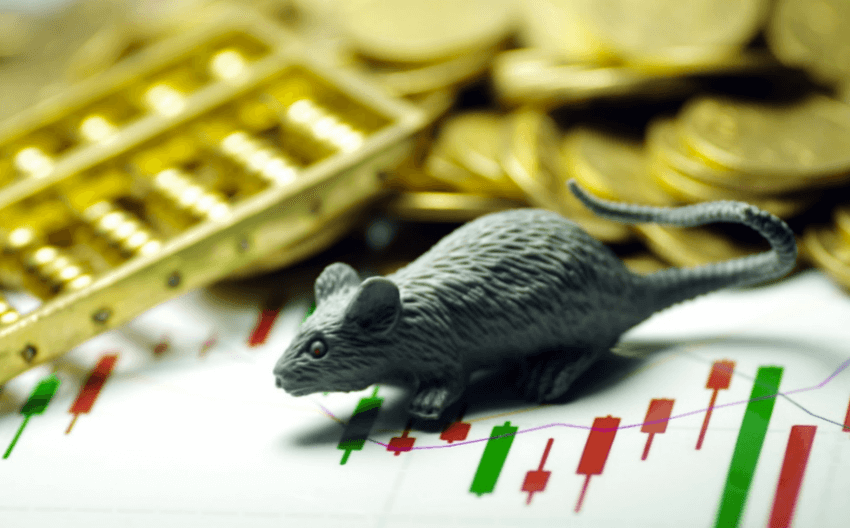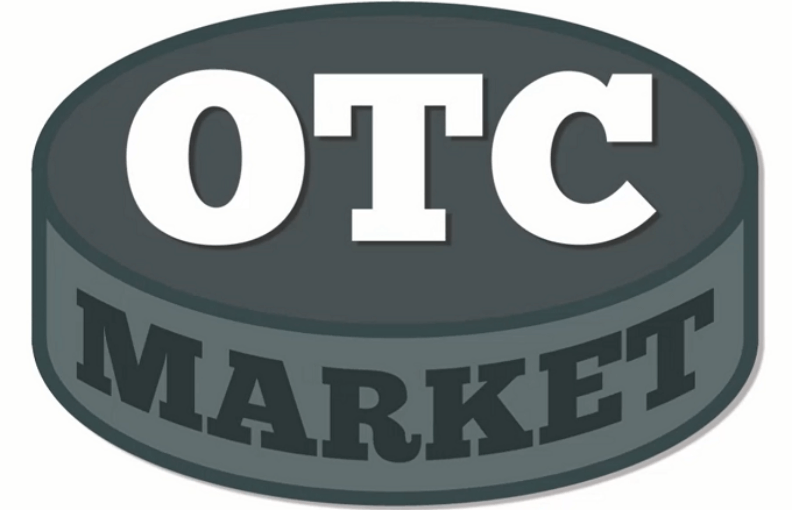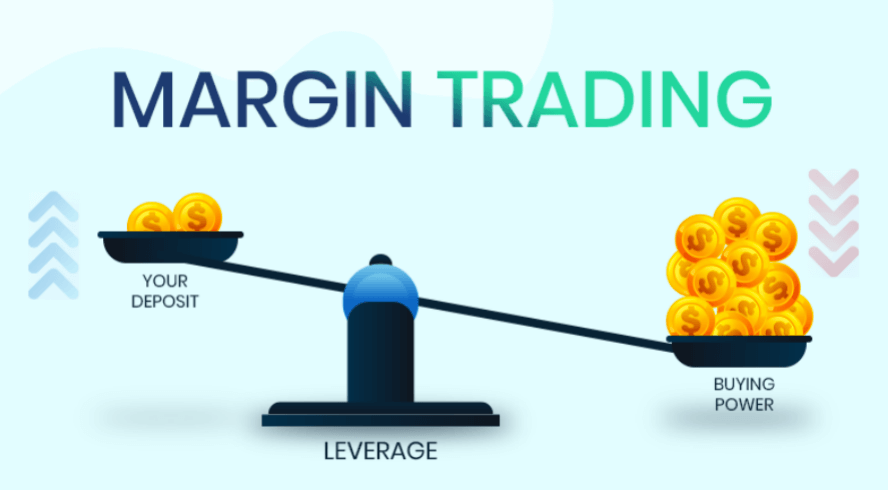Recently, it is said that many fund managers have established rat trading through OTC (over-the-counter) options. What is rat trading? It mainly refers to the public fund that is operate by some people at first, usually investment directors, fund managers, etc. These ones first use personal funds to buy a stock at a low level, use public funds to raise the stock price, and then sell it at a high level for a personal account to make a profit.

To have a better understanding, please take a look at the following example:
Fund manager David does not want to just wait until the end of the year to make a million, so he comes up with a good idea. He first asks his good buddy Tom to open a securities account, and then uses this account to spend 2 million to buy a stock at $50 per share; then, with the funds under his control, he spends $100 million to buy the stock in large quantities. The price of stock rises rapidly and drops to $80. When retail investors see this stock, they are rushing to buy it, and the stock price continues to rise to $100. Seeing this, David asks Tom to sell it quickly, making a profit of $2 million in such a short time.
How can the price of the stock rise so easily?
Some of you may ask, “Can $100 million make a stock rise such rapidly?” The answer is YES, as long as the stock has little circulation in the market.
What are options?
Option refers to the right to buy or sell an asset within a certain period of time, which is characterised by spending small money to do big things. For example, a stock is $100 per share, and Mark can only buy 100 shares for $10,000. Even if the stock price doubles, he will earn 10,000; but if Mark spends $10,000 to buy a call option on a stock, after a month, assuming he has the right to buy 2,000 shares at $100 per share and the stock price rises to 200, he can earn 200,000!

What is over-the-counter options (OTC)?
For OTC, you need to find a securities company with OTC options qualification. In comparison, on-exchange options are more standardized, and there are fewer options to choose from. While in terms of OTC options, buyers and sellers can customize the specific terms of options according to their needs. For example, there are options for specific stocks only in OTC, so the experience and capital requirements of traders are very high, and only individuals with strong funds can participate.






